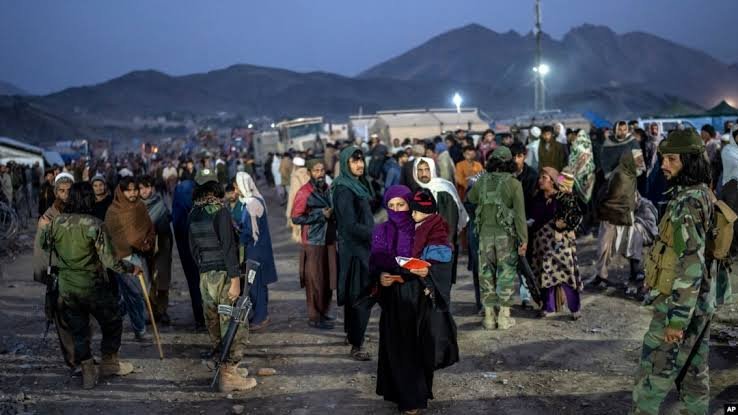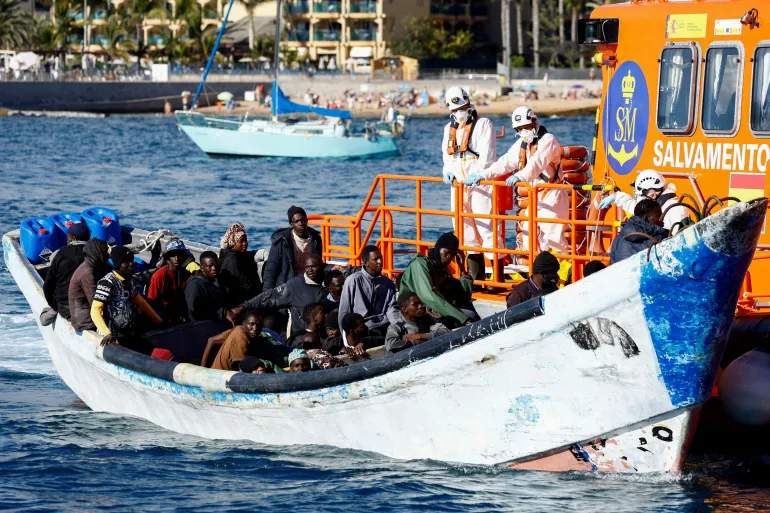Photo credit: VOA
Tens of thousands of Afghan refugees who have congregated in Pakistan’s capital region to seek resettlement in other countries are being ordered to move elsewhere in Pakistan by March 31.
The Japan Times reports that the refugees have vernmental arrived in large numbers in the capital, Islamabad, and neighbouring Rawalpindi because of the embassies and refugee agencies based there. Forcing them to go elsewhere in the country is intended to put pressure on Western nations, including the United States, to accept them quickly.
The government has added to the fear and uncertainty faced by the refugees, especially the 15,000 who had applied for resettlement in the United States. Days earlier, President Donald Trump put those Afghans’ fate in doubt with an executive order spending all refugee admissions to the United States.
Many of those Afghans worked for the US-led mission in their country, or with nongovernmental organizations or other groups funded by Western countries before the Taliban took power in August 2021. Others are family members of Afghans who did so. Advocates for these refugees have accused the US government of betraying warring allies by blocking their paths to resettlement.
The UN refugee agency, UNHCR, and the International Organization for Migration said Wednesday that many of the refugees threatened with deportation – particularly members of ethnic and religious minority groups, women and girls, journalists, human rights activists and artists – could be subjected to persecution by the Taliban government. In a joint statement, they urged Pakistan to “implement any relocation measures with due consideration for human rights standards.
A former student at Kabul University Sara Ahmadi said her family had feared being deported to Afghanistan, “The very place we risked everything to leave.
“That fear is now becoming a reality.”
Sara’s mother had worked in Kabul, Afghanistan’s capital, for Children in Crisis, a US-funded NGO.
A spokesperson for the Pakistani Foreign Ministry, Shafqat Ali Khan, recently said that nearly 80,000 Afghan refugees had left Pakistan for other countries and that about 40,000 who had applied for resettlement elsewhere were still in Pakistan.
That includes roughly 15,000 who were waiting for approval from the US Refugee Admissions Program when Trump suspended it.
Pakistan has forced hundreds of thousands of other Afghan migrants who entered illegally or otherwise, and even some who arrived in Pakistan for resettlement t Western countries back to their home country because of rising tensions with the Taliban.
The UN refugee agency and the International Organization for Migration said there had been an increase in the arrests of Afghan nationals in Islamabad and Rawalpindi since January 1, with more than 800 Afghans, including children, deported from those two cities alone.







